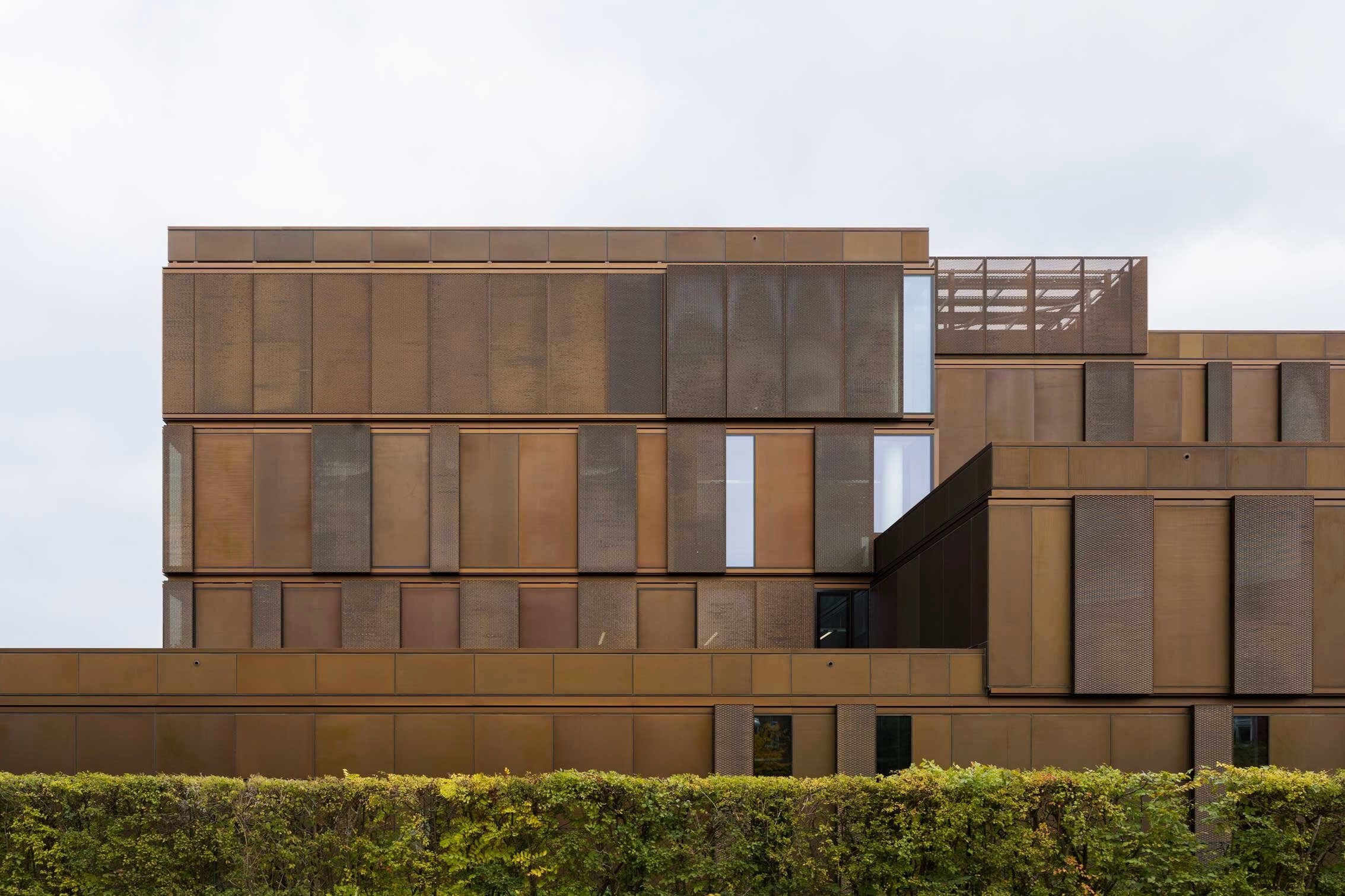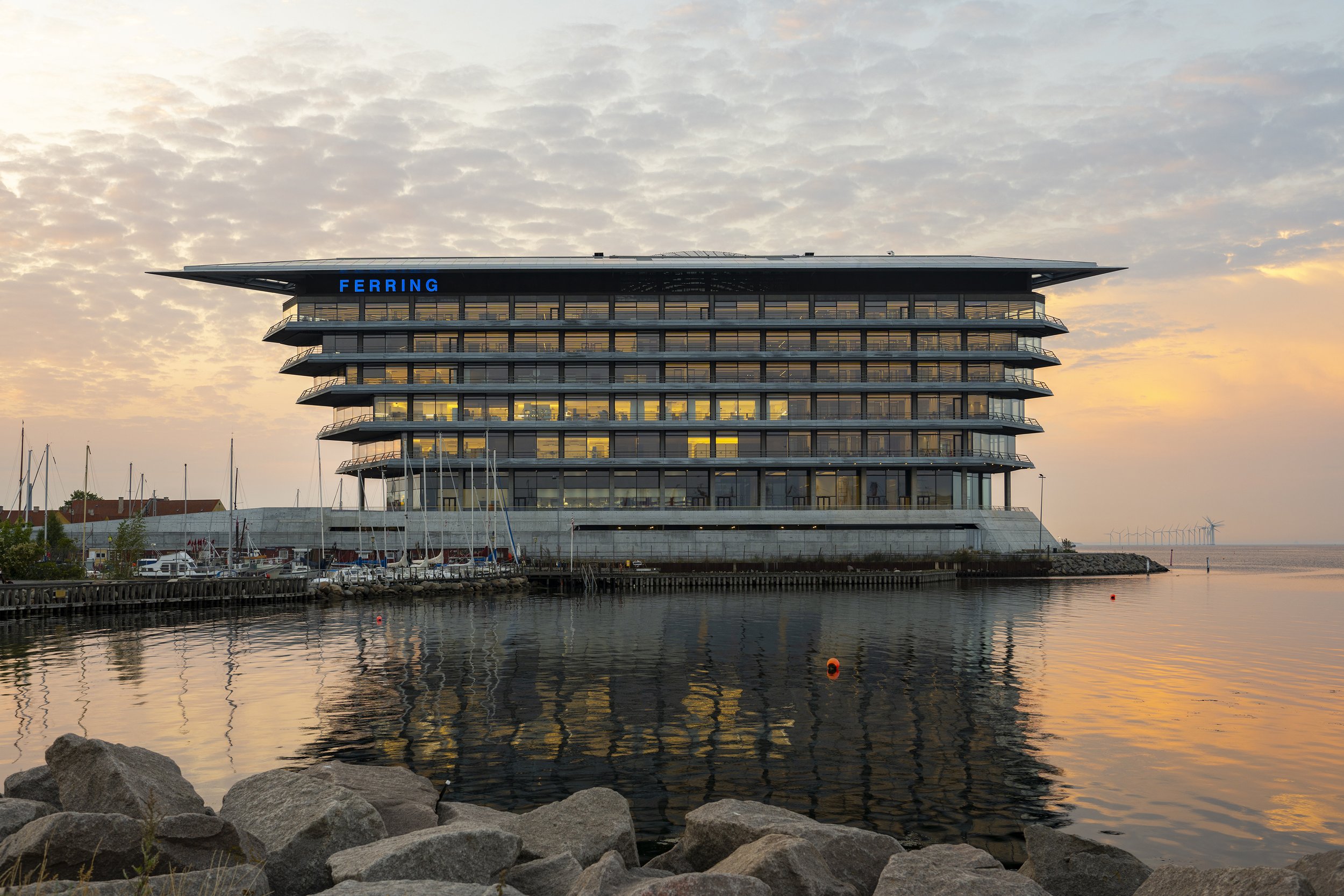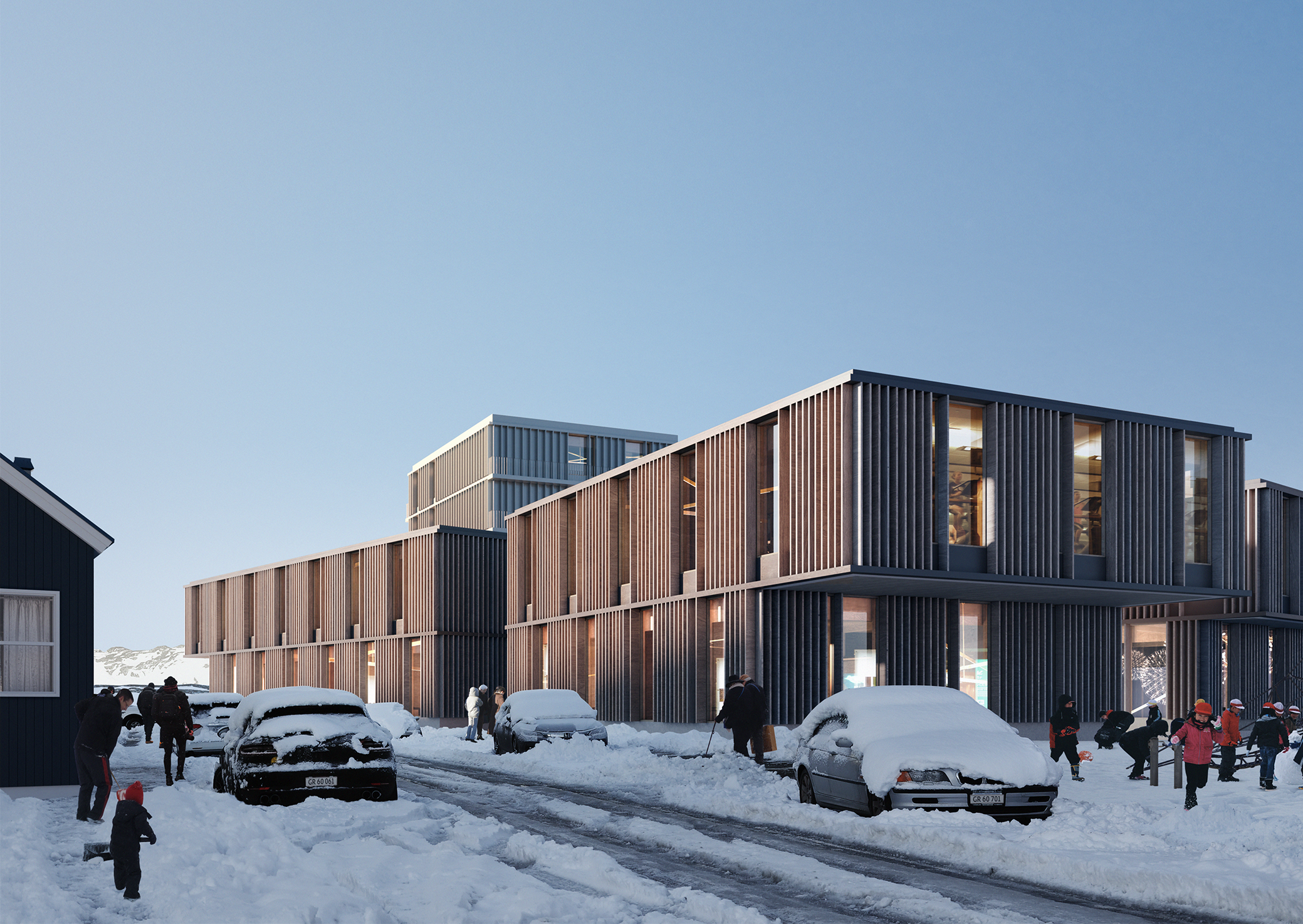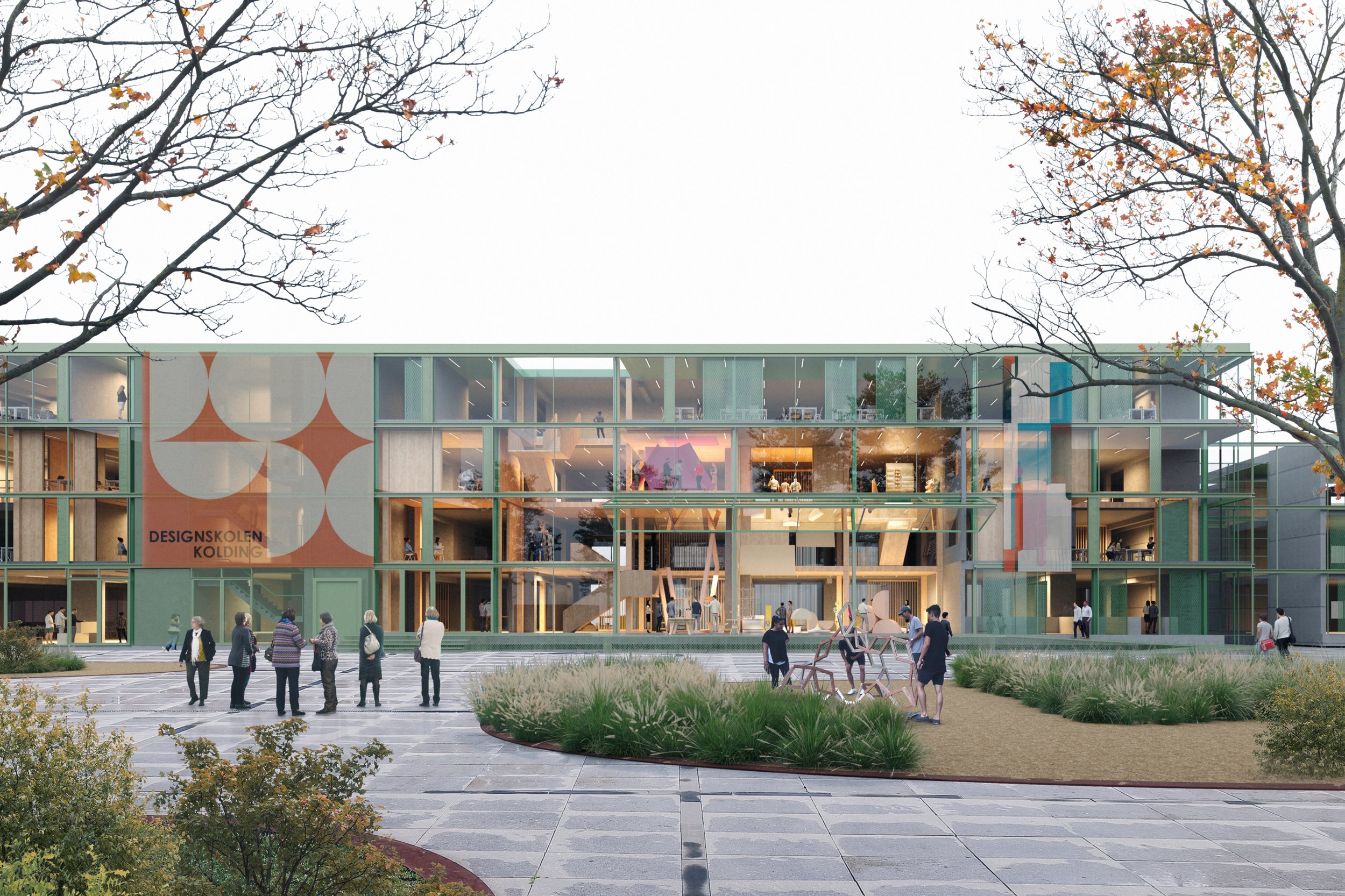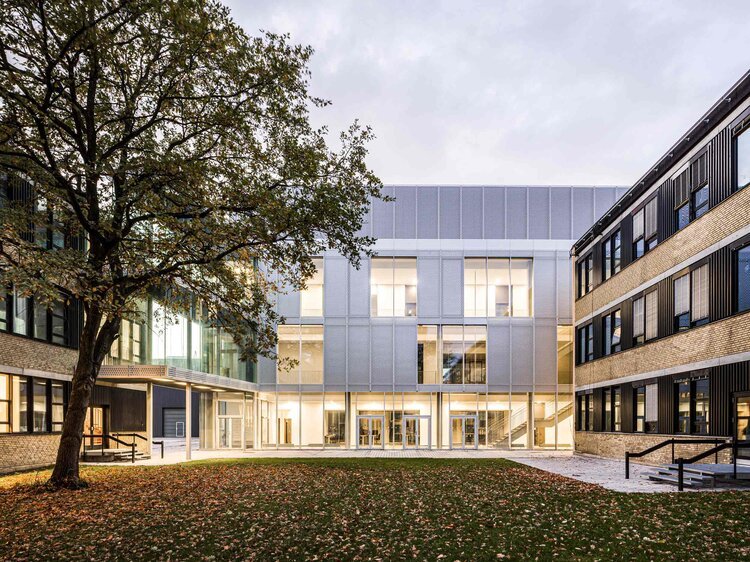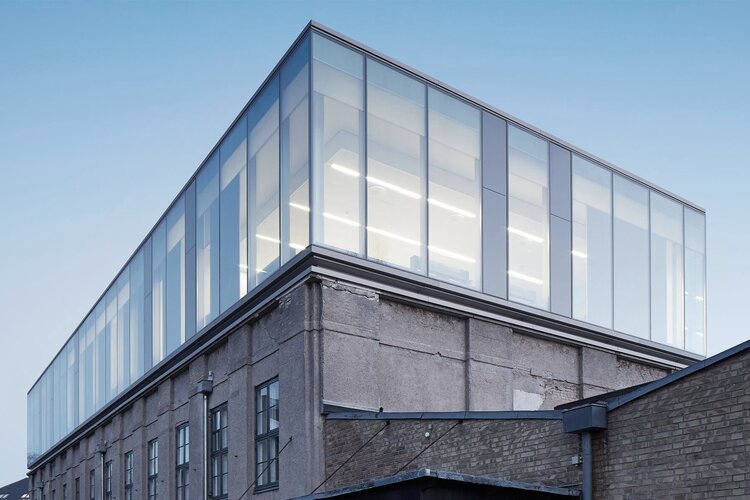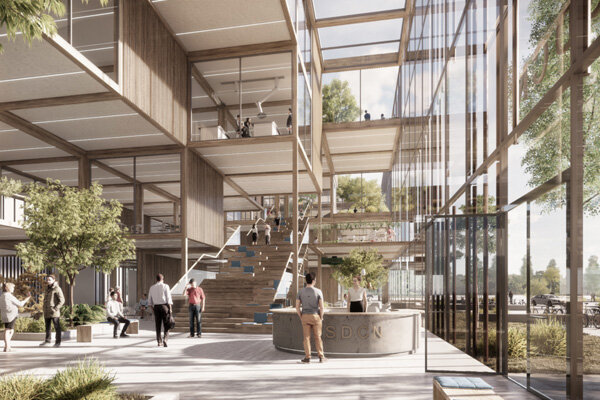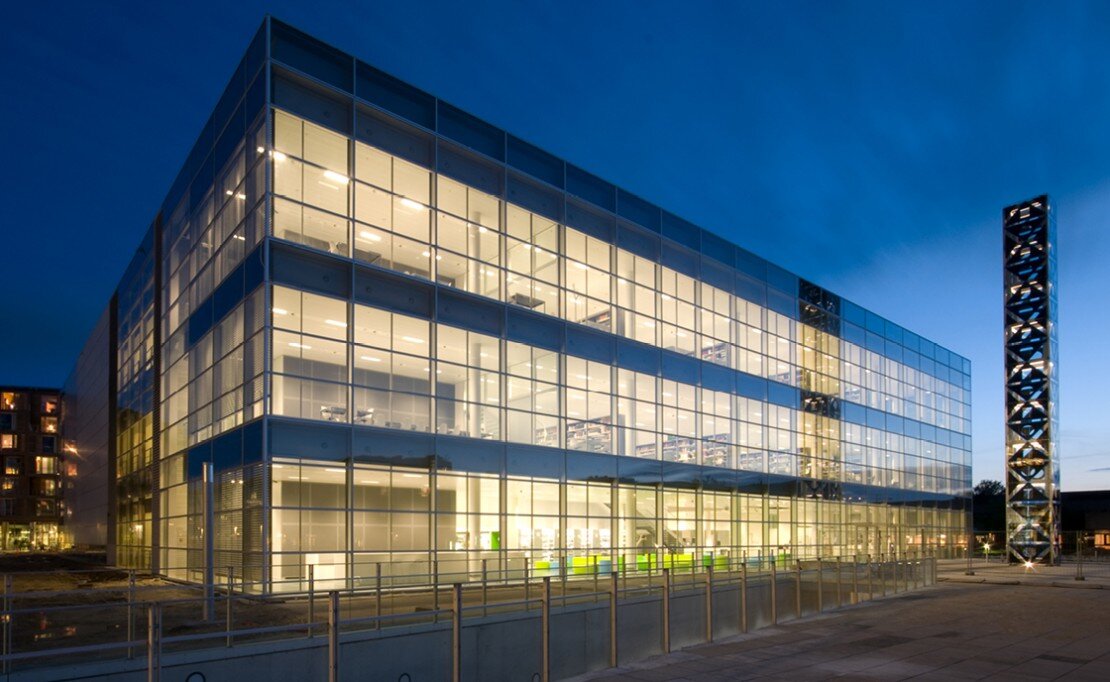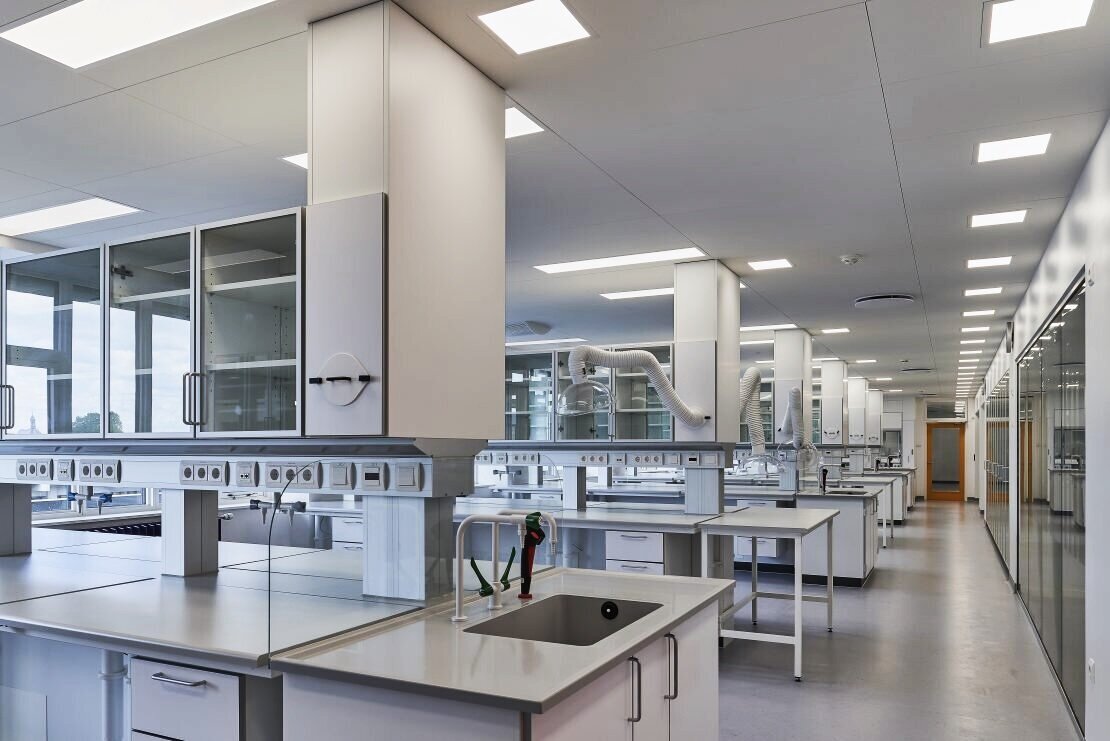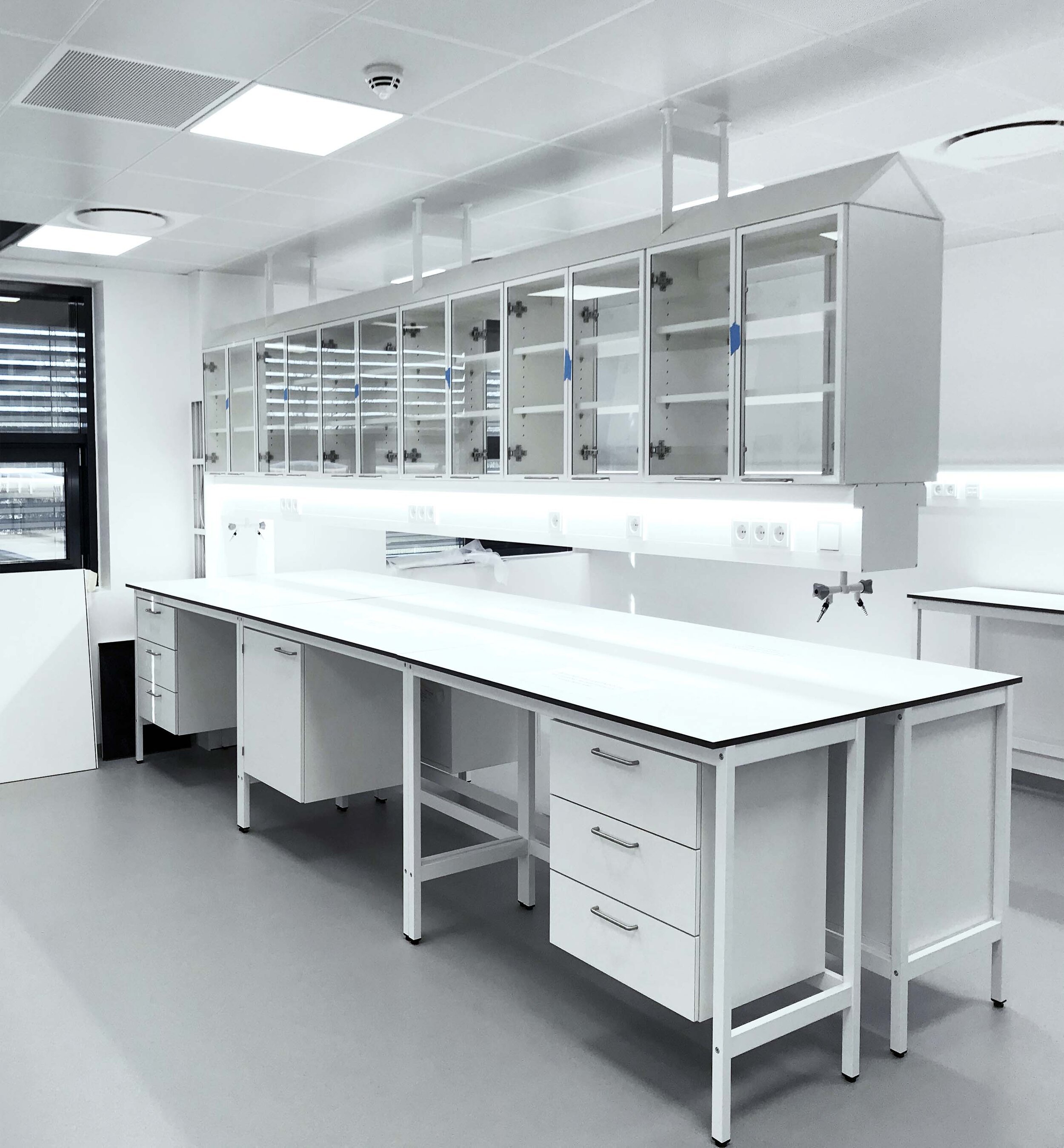Building 228, Chemical Engineering, DTU Lyngby
Building 228, Chemical Engineering, DTU Lyngby
Project
Building228, Chemical Engineering, DTU Lyngby
Client
Technical University of Denmark
Status
Completed 2019
Architect
MIKKELSENARKITEKTER A/S, LINK Arkitektur
Engineer
MOE Consulting Engineers
Contractor
Hoffmann A/S
Photographer
Kenneth Laursen & Rasmus Hjortshøj/Coast Studio
With the new research and teaching building, DTU Chemical Engineering can expand the framework for research, teaching and innovation. The building contains experimental halls, laboratories, classrooms, workshop areas as well as office space and shared facilities.
The building project consists of both new construction and renovation and will support the need for more space for teaching and research, as well as create an open, flexible working environment that can inspire staff and students - and ensure more efficient working processes.
The core of Building 228, which consists of a number of research and experimental halls, will be renovated. The existing side buildings are demolished and replaced by a new building that connects Building 228 with the existing buildings 227 and 229. Buildings 227 and 229, which connect to Building 228, were simultaneously energy renovated, rebuilt and upgraded. The buildings were kept operational during the construction period.
DTU Chemical Engineering's main activities are in the areas of product design, process design and production in the chemical, biotechnological, pharmaceutical, food technology and energy technology industries. The institute has its weight in research, and research-based education and innovation, and feels a significant demand from industry, in relation to expanding work with the institute's core areas.
To support DTU Kemiteknik's position as one of the leading international university institutes in Chemical and Biochemical Engineering, and to emphasise DTU's focus on useful and business-oriented research, education and innovation, Mikkelsen Architects facilitated the user process and ensured that the project could meet the specific requirements for learning environments, to train and educate students to work on a semi-industrial scale, and to bring fundamental research from the laboratory to industrial application.
The project therefore includes learning environments in research, teaching and experimental halls with the possibility of large-scale experiments (Pilot Plant)
Experimental halls and laboratories will be designed and equipped to handle biomass, biofuel, fermentation, pharmaceutical production, particle technology, organic solvents, high-temperature and gasification experiments. The laboratories shall be capable of achieving a GMO 1 classification. One of the test halls and two laboratories shall also be capable of achieving GMO 2 classification.














